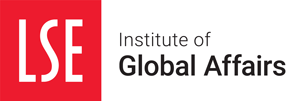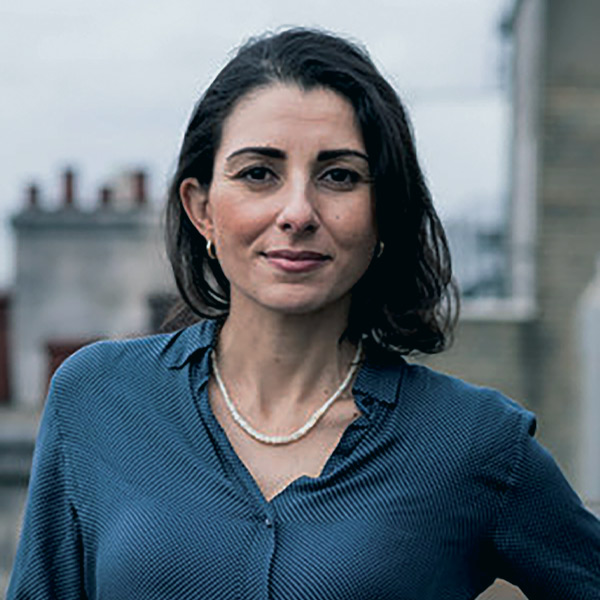GLOBAL POLICY LAB


Making capitalism fairer and more sustainable.1 With this bold statement, the G7 is embarking on a highly relevant agenda, driven by the 2019 French Presidency’s focus on tackling inequalities. But how will the leaders of the world’s largest economies actually deliver this ambitious goal? To what extent can capitalism offer this broader vision: will it be able to generate bold and imaginative responses, and how will it credibly pursue them, given the dispossession and debt it has brought to the vast majority of the world’s citizens?
For the first time in the G7’s history, the table at its annual meeting has expanded to include a few non-G7 countries and international organisations. This act recognises the wider leadership context required to achieve change within the key focus areas of the G7 programme: addressing inequalities between countries and within advanced economies, climate breakdown, gender inequities, and technological change.
Despite the scale of these challenges, there are grounds for hope in the range of significant proposals already on the table for G7 leaders to consider. The most critical and effective actions involve instituting fiscal policies that favour social spending and progressive taxation, in tandem with curtailing tax havens and overhauling corporate taxation.
But more must be done. Oxfam’s Commitment to Reducing Inequality Index2 offers policy-makers a useful roadmap to these and other measures that produce greater equality. Their most recent report on West Africa revealed an underreported yet deeply disturbing finding that “five of Nigeria’s richest men have a combined wealth of US$29.9 billion – more than the country’s entire national budget for 2017. However, about 60 per cent of its citizens live on less than US$1.25 a day, the threshold for absolute poverty.”3 With figures as stark as these, there can be no doubt that world leaders must play a decisive role in putting equality at the top of the global policy agenda. The report also found that Cape Verde, Mauritania and Senegal have shown the most commitment within the region to tackling inequalities, in testimony to the importance of political leadership.
However, while it is both tempting and timely to focus on solutions, emphasis must also be placed on the principles and values guiding policy discussions. When the term “fairness” is applied in framing a policy agenda, it inevitably raises questions of what is fair and who gets to decide. What does it really mean to advance fairness and sustainability against a backdrop of the centuries of wealth accumulation that have made G7 countries what they are today? What is a just response to the structures and systems that have enabled power and privilege to be amassed by such a narrow segment of the world’s population?
These questions point to the ethical dimensions to policy discussions on inequality. Without a broader reframing grounded in vision and values, proposed solutions will remain contested, robbed of their potential to support those struggling to overcome inequality. If world leaders are serious about fairness and sustainability, then we must find ways to talk about the real scope of the social and economic transformation required to move us in that direction. This cannot be done without new language, new measures and new voices.
Addressing the entrenched divisions produced by deep-seated social and economic inequalities demands moral leadership that bridges and connects rather than excludes and exploits.4 This bridging and connecting can only be done with a broader vision for a just and inclusive society, where all human beings belong, are valued and have a role to play in our collective success. A compelling case needs to be put forward, grounded in values and supported by evidence, about how everyone should and will benefit from a transformed social and economic system. G7 leaders should join with the young people of Friday for the Future and the many others who are already speaking the language of tomorrow.

This new language also needs an updated and expanded vocabulary, one in which prosperity and performance are defined in terms of social, economic and environmental well-being. Narrow and outdated metrics such as GDP distort perspectives and deflect attention away from areas essential to livelihood, hampering the ability of countries to pursue policies that make a positive difference to the lives of ordinary citizens. Many countries and global institutions have already upgraded their systems to do so, such as those within the Wellbeing Economy Alliance, and the OECD, which produces the Better Life Index. These new measures are the result of decades of work by policy-makers and scholars, including the economist and Nobel laureate Joseph Stiglitz. Crucially, they are not only sound and sensible, but also offer a sightlineto our common aspirations as a global community.
During their year at the London School of Economics, our Atlantic Fellows for Social and Economic Equity have shared many memorable insights drawn from their work advancing equity through social change. One that has stayed with me comes from the Malian writer Amadou Hampâté Bâ: “Have you heard about the river? Have you seen the river? Have you swum in the river?” It is a reminder that the leadership required to confront inequality and build sustainable responses must be shaped by the insights and voices of those with lived experience of inequality. Rather than replicating patterns of inequality which enable a few to have a seat at the table and exclude countless others, the trajectory towards fairness and sustainability must honour the achievements and aspirations of those living at inequality’s frontlines. Who are the leaders who will deliver this ambitious goal?